Australian federal budget reveals government expects billions in fuel revenue, despite EV push
The Federal Government is betting its bottom line on diesel and petrol cars despite its determined push motorists for green machines.
Fed Budget
Don't miss out on the headlines from Fed Budget. Followed categories will be added to My News.
Aussie drivers are expected to hang onto their gas guzzling utes and four-wheel-drives for years to come, despite a push for ever-greener cars.
Treasury expects to rake in record sums from diesel and petrol tax in coming years, with fuel revenue to increase by about $1bn per year for the next four years.
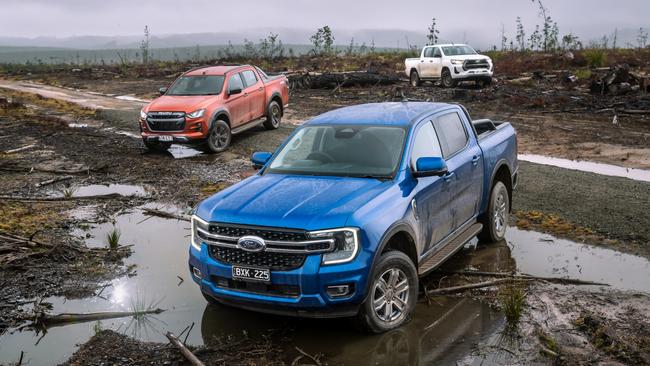
It suggests there will be little change to the nation’s preference for huge diesel-powered utes such as the Ford Ranger and Toyota HiLux in the short term.
Revenue from the diesel fuel tax is expected to climb from $16.2bn in 2023-24 to $19.3bn in 2027-28, with petrol tax forecasted to climb from $6.95bn to $8bn in the same period.
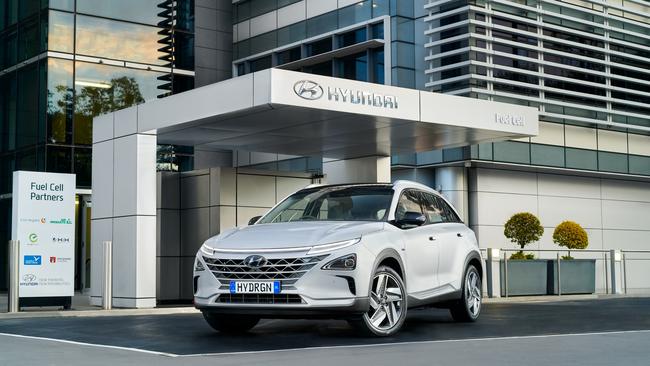
That comes despite the government’s New Vehicle Efficiency Standard (NVES), a policy set to push drivers toward electric and hybrid cars.
The NVES, which will set carbon emissions targets for new cars, is expected to put the brakes on particularly thirsty models and, in turn, reduce fuel tax revenue between 2025 and 2028.
Treasury documents show it will cost $154.5m over six years to administer, including $84.5m for a new regulator to check green vehicle standards.
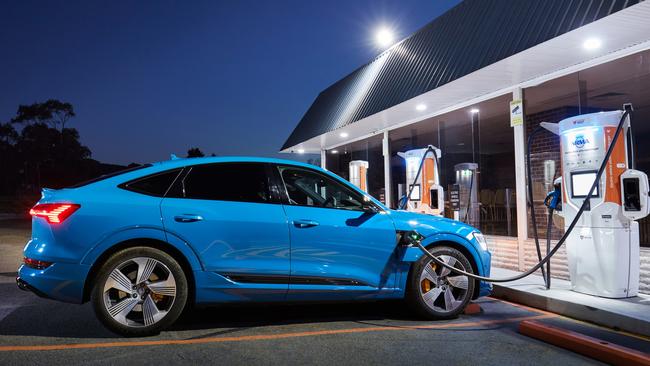
The drive for efficient cars has been spurred in part by a lucrative fringe benefits tax exemption for electric, plug-in hybrid and hydrogen fuel cell vehicles that has proved more popular than expected.
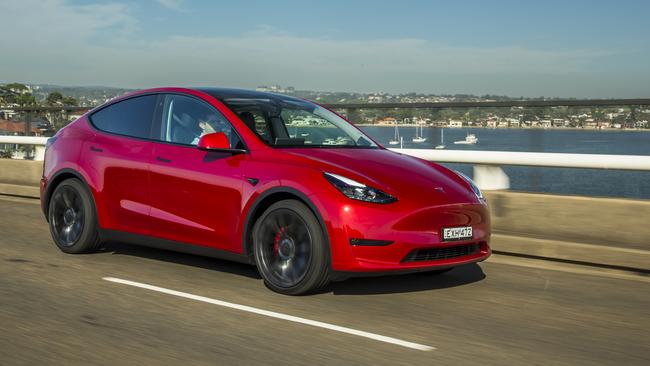
It allows people to lease green cars through “salary sacrifice” arrangements with their employer without paying the fringe benefits tax that applies to conventional vehicles.
Early modelling for the scheme showed the government expected to lose $150m in fringe benefits tax revenue across the first three years of the program.
But Treasury data published in January’s Tax Expenditures and Insights Statement shows the actual loss will be $635 million, because of the huge uptake.
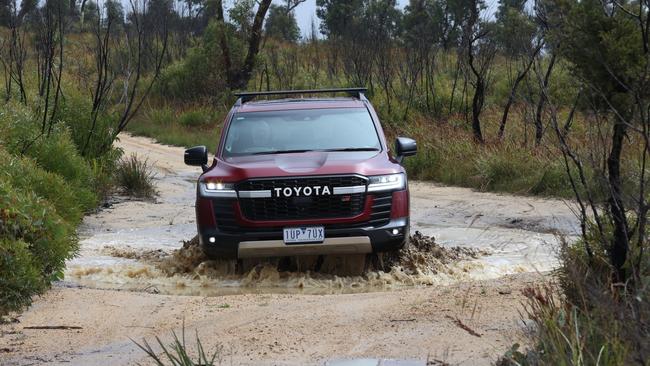
The Albanese government’s green push includes a shift in its Luxury Car Tax policy.
The government expects to collect a record $1.29 billion in LCT revenue in the 2023-24 financial year.
The car industry has lobbied for years to have the LCT abolished.
Tony Weber, chief executive of the Federal Chamber of Automotive Industries, said the LCT was “a tax on safety and lower emissions technologies”.
Australian Automotive Dealer Association chief executive James Voortman said the Luxury Car Tax and Passenger Vehicle Tariff collected almost $1.7 billion from motorists this financial year.
“We consider these to be outdated taxes, which are a relic from an era when Australia manufactured vehicles here,” he said.
“Particularly the Luxury Car Tax which often applies to more efficient vehicles and applies to optional features which discourage consumer uptake of safety features.”
Other motoring elements in Tuesday’s budget include $1.8m for a national road safety education and awareness campaign, and $21.2m over six years from 2024-25 to improve the reporting of national road safety data.
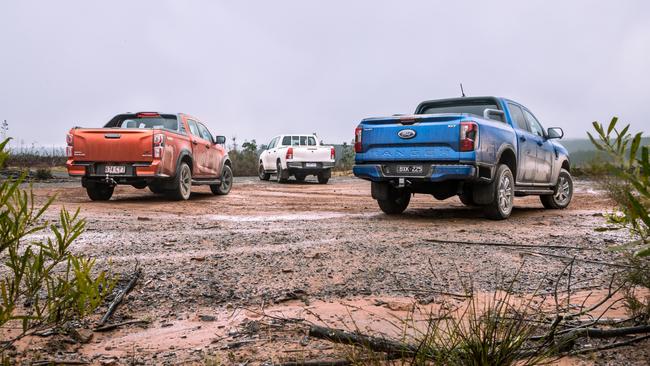
A 12 month extension of the $20,000 instant asset write-off scheme will be cold comfort to businesses hoping to add a vehicle to their fleet. Businesses previously enjoyed accelerated depreciation for assets worth up to $150,000 in a temporary full expensing scheme intended to stimulate the economy during the coronavirus crisis.
Originally published as Australian federal budget reveals government expects billions in fuel revenue, despite EV push


